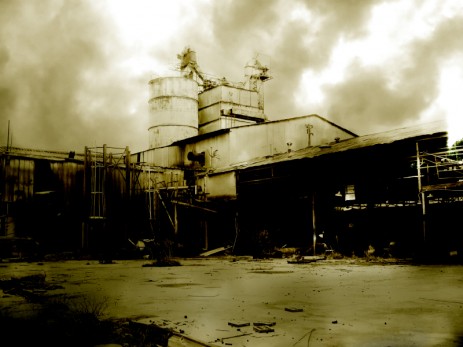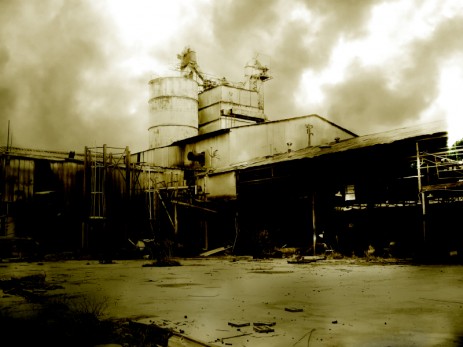 EPA chief Lisa Jackson is getting tough on businesses dumping on poor communities.It’s one of those economic realities that usually gets short shrift in lofty debates on environmental policy: Whether it’s coal ash or hazardous waste or just bad air, low-income neighborhoods are more likely to be dumped on.
EPA chief Lisa Jackson is getting tough on businesses dumping on poor communities.It’s one of those economic realities that usually gets short shrift in lofty debates on environmental policy: Whether it’s coal ash or hazardous waste or just bad air, low-income neighborhoods are more likely to be dumped on.
Time for some ash-kicking: To her credit, EPA chief Lisa Jackson has made focusing on what she calls “hot spots of contamination” one of her agency’s priorities. She’s instructed regional offices to get feedback from low-income and minority groups when making decisions and has made it clear that “environmental justice” should be part of the EPA’s mindset.
Of course that has set off wails in the business community that her crusade is stirring up confrontations, something Jackson, in an interview with the Washington Post’s Juliet Eilperin, describes as “nonsense.” She adds:
I really think of this as the biggest chunk of unfinished business when you think about the environmental landscape.
But look for headhunting Republicans to use this as more ammo against Jackson when they ramp up their EPA-run-amok assault next year.
And in other green news:
That’s how we coal: A lot of countries giving lip service to cutting carbon emissions are at the same time ratcheting up exports of coal to China, which can’t burn it fast enough. China now uses half of the 6 billion tons of coal burned on the planet every year. As Elisabeth Rosenthal points out in The New York Times:
As a result, not only are the pollutants that developed countries have tried to reduce finding their way into the atmosphere anyway, but ships chugging halfway around the globe are spewing still more. And the rush to feed this new Asian market has helped double the price of coal over the past five years, leading to a renaissance of mining and exploration in many parts of the world.
A big cup of copy: It turns out that big sections of a report used by congressional global warming deniers to question the research of climate scientists were plagiarized, including parts that seemed to be lifted right from Wikipedia. [USA Today]
Down and dirty: Carbon emissions around the world dropped in 2009. But before you start popping champagne corks, you should know that due to the recession, scientists had expected them to drop much more than they did. [BBC]
California reamin’: The White House has told California Rep. Jerry Lewis — the top Republican on the House Appropriations Committee — that if his party carries out its “Pledge to America” and rejects stimulus money, his state will lose $2 billion for high-speed rail service between San Francisco and Anaheim and also a $1.4 billion solar energy complex in the Mojave desert. [The Hill]
There’s clean, and then there’s clean: A new regulation in California will force producers of cleaning products — window sprays, over cleaners, furniture sprays — to make them cleaner. They’ll have to reduce smog-causing agents. [Scientific American]
Solar nexus: Seven of the 10 fastest growing producers of solar cells are Chinese companies. [Solar Daily]
Charge of the bike brigade: The Japanese company Kyocera has developed a recharging station for electric bikes that will be driven by solar power. [Solar Daily]
Go with the flow: MIT researchers think they may have come up with a solution to the challenge of storing solar energy — a liquid battery. [Discovery News]
The early warm catches the bird: The other day a small flock of African pelicans showed up in Siberia. Apparently confused by record temperatures in Russia, they flew north instead of south. [Treehugger]



